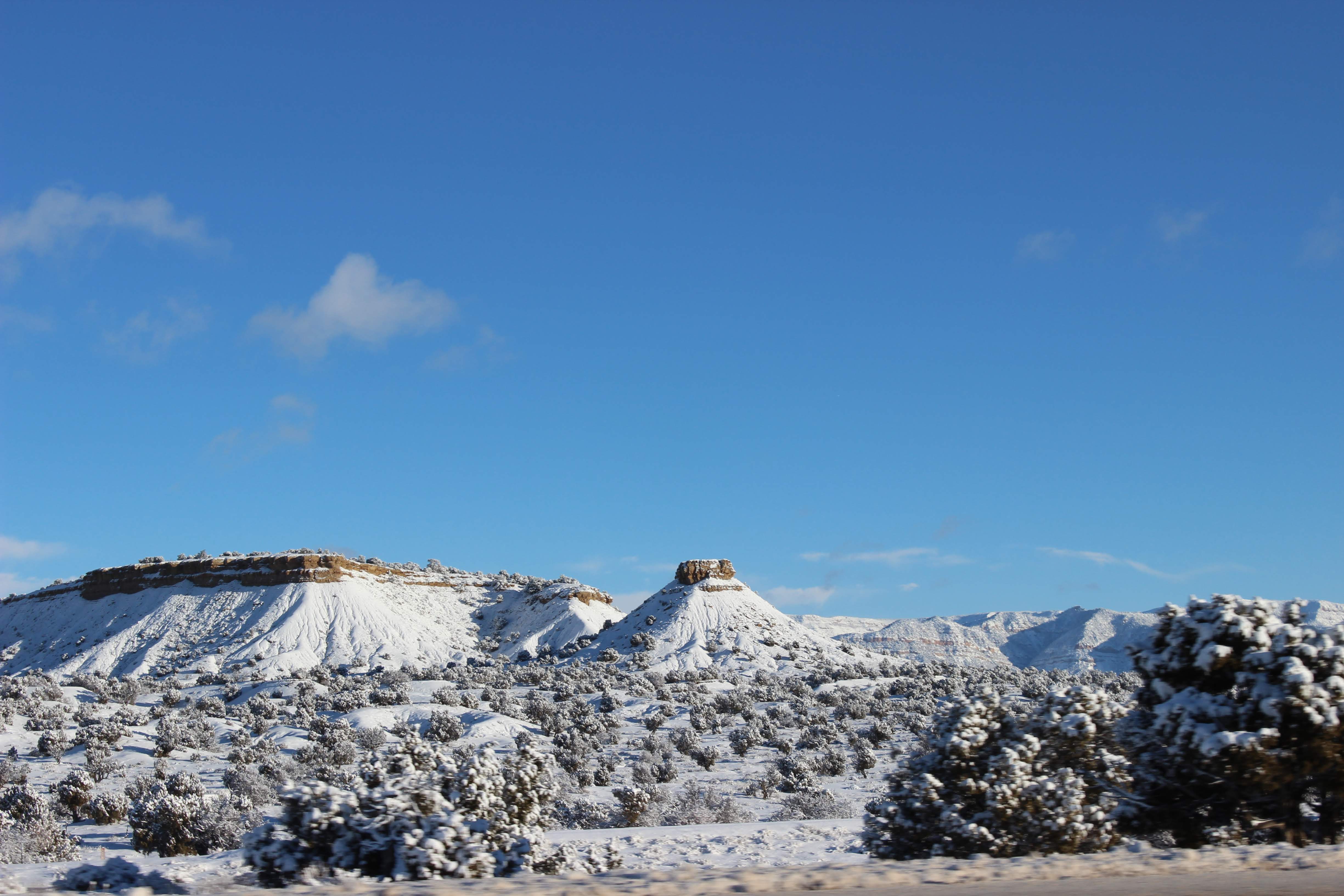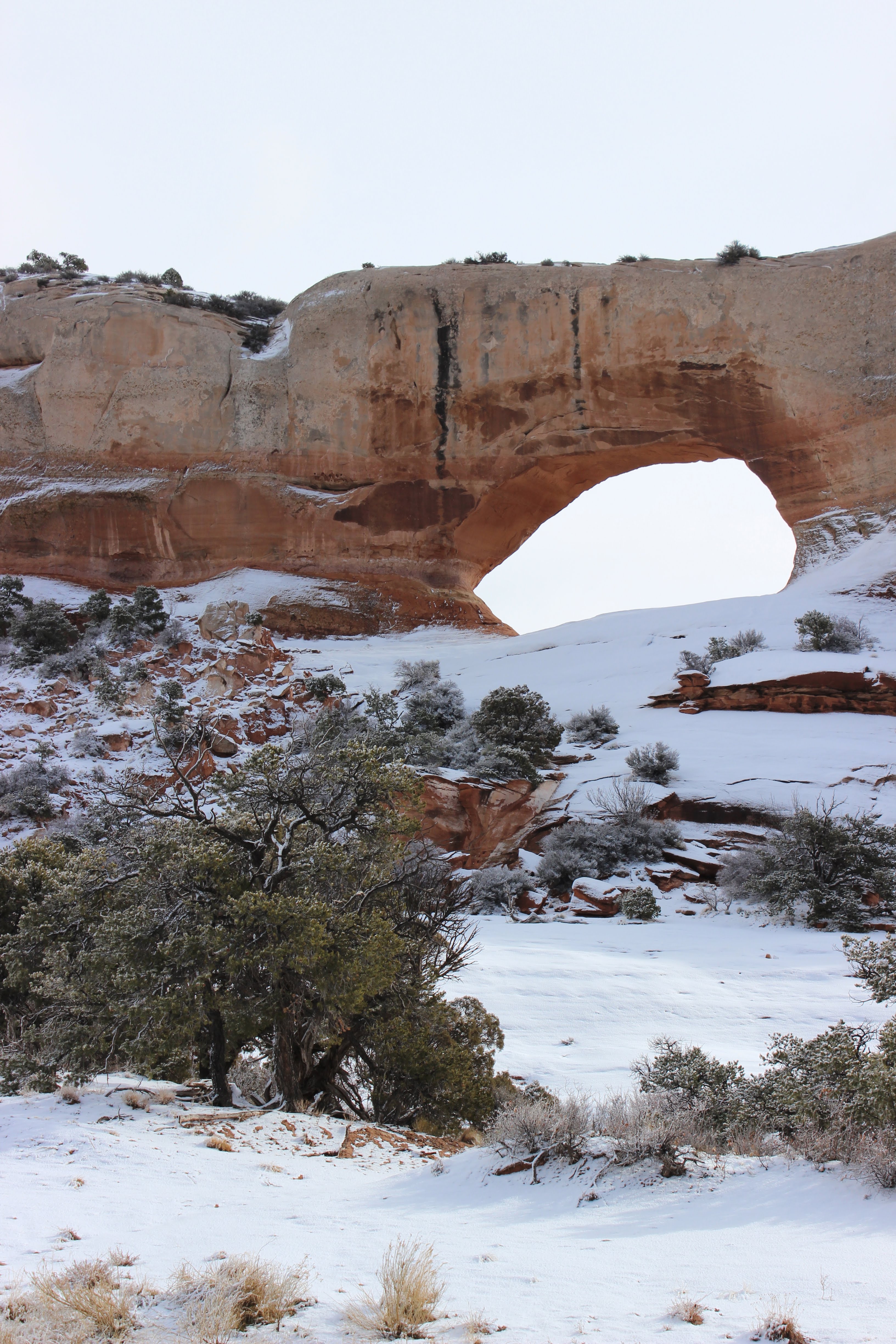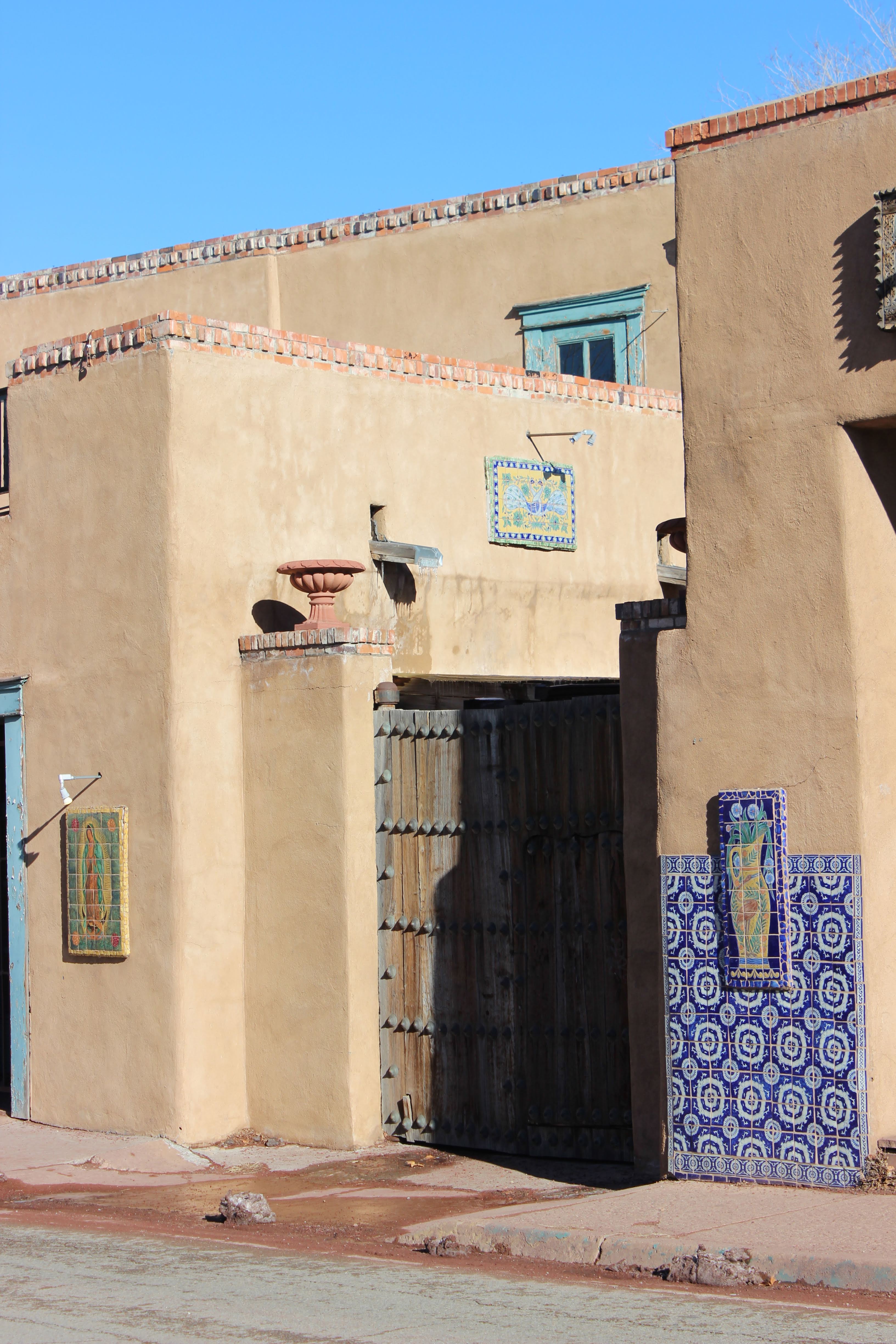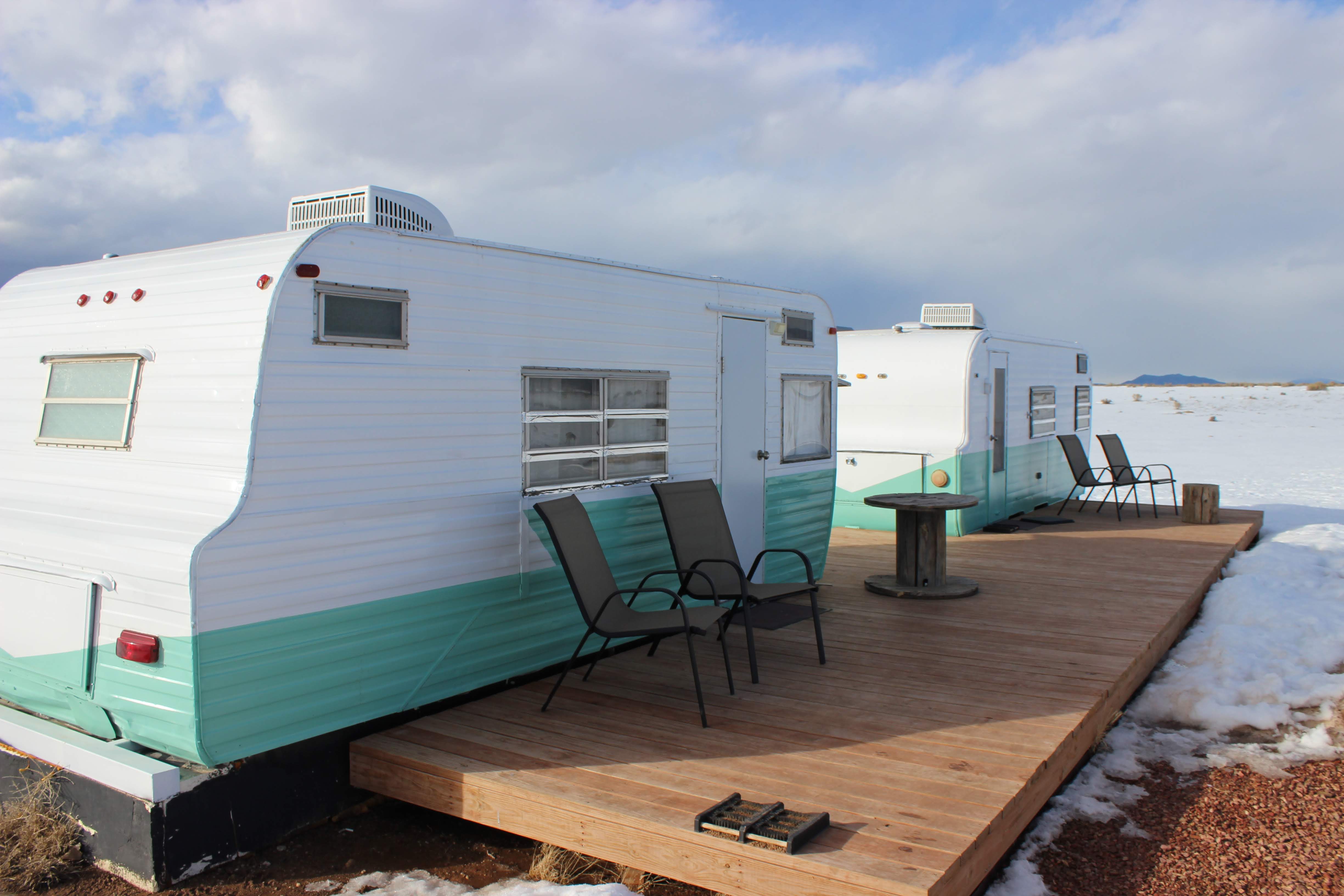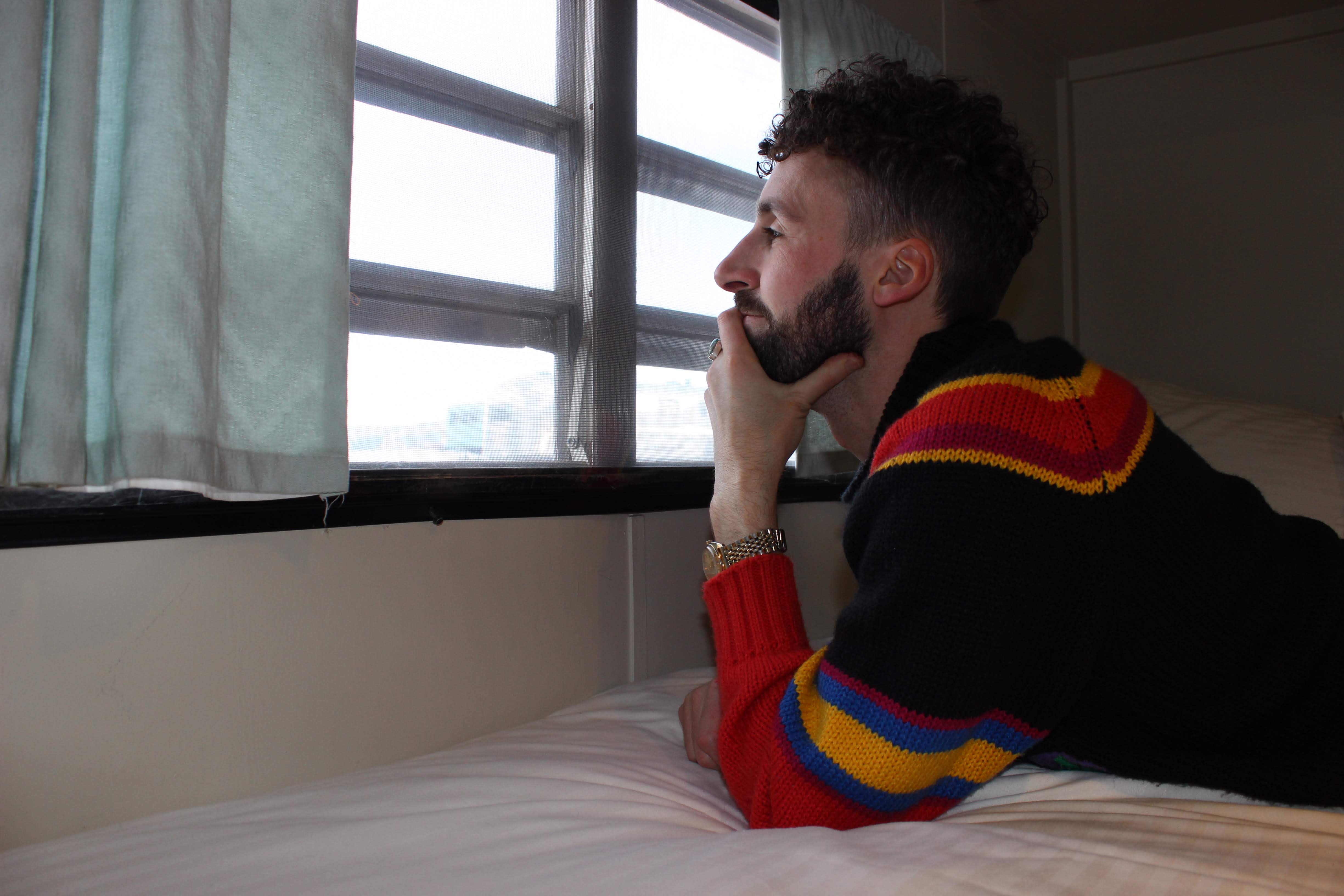The soil was red, thick – bloody. I found myself sinking into it; my heels dipping below the surface – balance thrown, I caught myself before tumbling headlong into the arroyo. With lips parched, breaking open, I flared my nostrils: raw, scarlet rims.
Here, I felt different – life tugging the corners of my eyes, hanging heavy in the heat, as the arid wind contoured my forehead: rippling, wrinkling waves undulating up into my bouncy, graying flop of curls.
Blues and pinks and deep, primal hues ripped across the sky and into my heart – reminding me to look up at the wide-open world as another day decayed and left with grace, the bursting stars emerging as perennial mourners.
For weeks, I’d felt like a worm slopping onto a heated sidewalk: slowly tanning, draining – feeling the immediacy of life-changing context, recognizing how quickly an untimely end can dawn.
Gravel crunched underfoot as I approached my tiny home, slipping off my mud-caked sandals and tossing them into the door-side bin. I heaved the woven bag from my shoulder onto the counter and caught rogue vegetables as they tumbled out – corralling them into misshapen, chipped earthen bowls. Scanning the compact kitchen, my gaze tripped over worn, hardy containers dotting the scuffed counter top.
The time for fragile, delicate things had passed.
***
“She either takes you in or spits you out,” Joy, my Lyft driver, said authoritatively, glancing back into the rear-view. “And if she takes you in, we call it the Land of Entrapment. Because she’ll always pull you back no matter where you go. So I’d say if you found a job and a place to live, she’s got you.”
Nudging her purple-threaded woven hat, she mused about how she’d left New Mexico years ago and then, one day, found herself driving back.
Sun beamed through the dirt-speckled windshield, warming my face as I took a deep breath and Joy steered to the curb.
“Here we are.”
We pulled up to a stucco building with weathered, sagging blue corbels – the façade cracked but strong.
“And here’s to the first day,” I chuckled anxiously.
“Good luck. I’m sure we’ll cross paths again. This is a small town.”
I waved Joy on, pushed back my shoulders and stepped toward a new beginning – a destabilizing departure.
***
Weeks prior in Seattle, the apartment door slammed louder than I expected – echoing back into the emptiness of the place I’d called home, the keys resting on the counter top. With that, the closest thing to a home I had was Bertie – a rusty, aged RV sitting in a parking lot a city away.
My bus passed by JoJo’s boarding facility and hurtled toward the light rail.
“Wish me luck, sweet baby bean,” I murmured, imagining JoJo inside – curled ball-like atop her bed, wondering what in the hell was happening.
Shortly thereafter, as the rail car door slid shut, I watched graffiti-adorned warehouses whiz by – the airport’s control towers rising in the distance. My heart raced as I shifted my backpack into my lap, double-checking that I had everything I needed for the desperation-fueled flight to my future home state – where a few job interviews awaited.
I loathed flying. But as a tumbleweed, fully unmoored – somersaulting haphazardly toward an unknown roost – the most I could do was buckle my seat belt as the flight attendants advised, burrow my fingernails into the armrest, and brace for liftoff.
I had no job, no apartment, and only a schematic – idealistic and naïve – plan to start over in New Mexico behind the wheel of a machine I’d bought through an app from a complete stranger, and that’d spent more time in repair garages than under my care.
Rolling my eyes closed as children shrieked behind me and the plane lifted skyward, I began laughing uncontrollably.
Certainty was a luxury I’d chucked far afield over the preceding week – as I left my job and watched every cent of my savings hemorrhage into repair shops’ coffers.
Survival, front of mind, was my only recourse.
“Peanuts?” the flight attendant chirped.
“PLEASE!” I bellowed – ears popping, the turbulence growing.
***
A week later, JoJo panted anxiously as I pushed the overfilled box of pottery, tapestries, movies, and a wooden macaw onto the thrift store’s concrete loading pad. I stood back and considered the hodgepodge collection, recalling each item’s origin story before clamoring back into the driver’s seat and wrestling with the faulty seat belt.
Only hours before, I’d stared, slack-jawed, inside the packed RV – nestled between a mold-covered moving van and a wrecked Volvo rusting into oblivion. As I’d worked to settle JoJo inside our new home, I entered full-fledged panic mode – where the racing thought of “WHY DID I THINK ALL OF THIS COULD FIT INTO 150 SQUARE FEET?” left no mental space for me to consider how or what sparked joy. I chucked armfuls of mementos into boxes and shoved them out onto the pavement.
Buckling myself in, I tousled JoJo’s ears – and glanced into the side-view mirror at the pile: the last bits of a former life, things I never imagined I’d part with.
“Thanks for the memories,” I murmured, wiggling the scratched key into the ignition. The engine revved, the frame shook; we began inching away from everything we knew.
***
With my ass hanging out of my pants as I wrangled two hoses from a side compartment, my muttering suddenly melded with a stranger’s voice.
“What a beaver!”
I whipped around, the hoses clattering to the ground.
“EXCUSE ME?”
The bearded man’s faded green eyes peeked out from beneath a weathered baseball cap – twinkly orbs deeply set within wrinkly caverns.
“Your rig. It’s a Beaver, right?”
“OH! Right, yes. It’s a ’77.”
“I figured. We had a bet goin’ that it was older than ours,” he cackled, nodding over to his wife Connie and son Cody, who emerged from the opposite side – their eyes scanning over the details. “I’m Morris.”
Scarred and gnarled, Morris’ hands look like they’d been shoved through a meat grinder; and when his grip tightened, I realized he was missing a thumb. We chatted about our respective rigs – theirs, dubbed Daisy, slightly younger, but very much a work-in-progress: bungee cord-bundled repair accouterments hanging off the back Clampett-style.
“What about yours? Got a name?”
“Bertie.”
I withheld that Bertie’s namesake was a character from one of my favorite, deliciously horrible romantic comedies.
“It’s just gotten so damn expensive around here, y’know? There’s no way we could afford to live in an apartment, much less a house, even down near Spokane,” Morris rasped. “So Daisy’s it. At least we got the basics, and don’t have to scrape by as much.”
I agreed, thinking back to my spiraling debt a year before – and then the very fresh memories of selling all of my stuff to buy Bertie. The trio shifted and huddled around the side door, peeking in and comparing our respective layouts.
Later, after I waved them on, I dusted off one of the hoses I’d dropped, and looked around at the other rigs.
“Well, I guess this is for the water.” I shrugged up toward JoJo, who sat perched atop her favorite chair, just inside the window.
Once I attached it to my campsite’s spigot, and crammed the other end into what I’d hoped was my fresh water tank’s intake port, I opened the valve and raced inside – fully expecting to see water gushing across the floor. Instead, with my head crammed inside a kitchen cabinet, I watched the water trickle through the port into an opaque, dust-covered tank. As it filled, I stepped outside and unscrewed the generator housing’s door – the handle destroyed long ago. I probed around the inside and began unspooling a mass of thick cabling, eyeing the pronged plug at the end – quickly recognizing that it didn’t fit the socket on the shore power post leaning several yards away. I pivoted, turned off the spigot, and began throwing open all of the compartments – eventually uncovering the necessary adapter beneath a ball of papers inside the glove box. With shore power connected, I scurried inside and flipped the switch on the water pump. A mechanical purr issued from beneath the sink, and water trickled from the faucet. I squealed.
We had power. We had water. It was all coming to life.
An hour later, as I walked my copper kettle to the shared kitchen lean-to, I waved to Morris; he stood over Cody, shaving down his shoulder-length hair: clumps dropping into the leaf litter below the picnic table.
Back in Bertie, I poured the boiling water into the cup of noodles, watching the strands unfurl slowly, the steam dissipating up through the vents. JoJo pitter-pattered across the worn linoleum as she revolved through a series of new sentry posts. Refusing to dirty utensils, I slurped out the noodles, and sized up the splintered bed base a few feet away: my final project for the day. I took a breath, and heaved my weight down onto the screwdriver, barely loosening the base’s over-tightened screws. Slowly, haphazardly, I pulled apart the homemade contraption – doing my best not to rip out a chunk of the floor in the process.
As I propelled the last L-shaped two-by-four section outside, I finally felt some sense of accomplishment.
With the space hog gone, I began carving up a beloved area rug to fit the compartmentalized living space, and cover the aged linoleum. Fibers fluttered to the floor and dust motes filled the air. Within the hour, I’d transformed the entire living space.
JoJo nuzzled the familiar carpet, burying her face into the shag until she started wheezing. I smiled down at her.
“Maybe we can do this after all.”
***
Days later, as I dug my fingernails into Bertie’s steering wheel, I stared into an impenetrable white mass and pleaded to the semi ahead not to disappear, not to leave me. But moments later, it was gone. Alone in the void, I careened through snow-packed passes – accelerating downhill just enough to gain the requisite momentum to crest the next peak, barely maintaining traction on the ice-covered road. Bertie’s innards rattled violently; something shattered. JoJo buried herself inside her blanket-packed crate, and I angled the heater’s sputtering vents toward her.
Tiny living YouTube videos didn’t prepare me for this!
A malevolent chill permeated everything, and I felt as though if I stopped – even if somehow I managed to find a turnout that wasn’t buried in snow – we’d die in Utah’s mountains.
Snow crashed down, and the windshield wipers barely kept pace. I wanted to scream and cry, but couldn’t muster the energy. My neck ached from straining forward to see the road – to guide Bertie’s tires along the slushy, navigable tracks that migrated from my lane into the center of the road, as snow accreted alongside the shoulders and spilled over into the lanes’ outer edges.
And so I continued into the blizzard’s gaping maw, willing my gas gauge not to plummet any closer to “E” and downshifting to my lowest gear to creep up each successively steeper incline.
Forty minutes later, I glimpsed a speck of blue through the heavy gray veil hanging overhead. I focused on it – my North Star – breathed deeply, and pressed forward. Rain drizzled down, and the roadways’ ice began to thaw. And then the shroud that’d haunted me through the passes slowly fell away – acquiescing to clearer skies and the burnt desert floor, with its rocky pinnacles and tumbled, red earth.
I flexed my hands – whitened knuckles suddenly flushed with blood: revived. JoJo poked her nose out from her cocoon, and I lifted my foot from the accelerator as I guided Bertie into the first gas station for nearly 100 miles.
I shoved open the door and hollered, stretching my legs.
A few scraggly shrubs bordered the pothole-pocked, crumbling lot; but with my adrenaline pumping, it felt as though I were looking at the Grand Canyon. I gulped in the cool air; a motorcyclist at the next pump farted.
Walking JoJo over to some ground cover, I looked back at Bertie – dripping wet from the melting ice, lenses of packed snow crashing from the roof onto the hood.
Ahead, the sky over Moab was open, welcoming.
I exhaled.
Forward.
***
Two days later, I cooed into Bertie’s dash as we bucked uphill from Albuquerque.
“Please, please. Just a little further.”
But then, with one last shudder, we drifted to the side of the road, as cars, semis, and amply fortified RVs flew past. This was it: a nightmarish realization I’d managed to relegate to the back of my mind for over 1,400 miles. My home was broken – tilting along a narrow shoulder, just 15 miles south of our final destination in Santa Fe.
“Fuck. Fuck. FUCK!”
Four hours later, a wrecker arrived – the young driver, Jonas, nodding for me to clamor up into his extended truck cab where his wife and toddler sat.
“Just knock on the window and they’ll let you in.”
As I shifted JoJo’s crate beneath my arm and lightly rapped the window, I noticed a thin stream of antifreeze trickling down from the engine block onto the wrecker bed – the neon green reminiscent of the wounded alien in Predator.
If it bleeds, you can kill it.
Jonas pulled coupled chains from a side panel and lashed them around Bertie’s undercarriage, before flipping a series of winch levers with unexpected delicacy. The wrecker heaved with every successive inch the winch hoisted Bertie forward. We lurched back, and I expected us to tumble down the hillside.
“WHAT DO YOU HAVE IN THERE ANYWAY?” Jonas yelled up, through the wind.
“JUST MY LIFE.”
He threw his head back and laughed, and throttled two levers until Bertie’s bumper touched the cab.
“Alright, where’re we headed again?” he asked, propelling himself into the driver’s seat.
I plugged in the directions while fielding calls from my inept insurance company.
Twenty minutes later, we pulled into an abandoned lot abutting the RV park.
“I’m gonna have to let it off here, ‘cause I don’t think I can get down there,” Jonas mused, nodding toward the narrow entrance corridor.
“That’s fine.”
Fifteen minutes later, Jonas sighed, visibly annoyed.
“It’s just not wanting to come off.”
It was like watching an automotive rendition of Titanic – starring the wrecker as frigid Leo, and Bertie as tenacious Kate. As much as Bertie wanted to hold on, it was clear the only way to survive would be to let go.
“AND SORRY, BUT THE TOW HITCH IS GONNA HAVE TO SCRAPE,” Jonas screamed through the wrecker’s mechanical crunching.
Almost immediately, Bertie’s tow hitch drilled into the asphalt; chunks catapulted in all directions. I shielded JoJo’s face.
“This is fine. It’s. All. Fine.”
And then, without any fanfare, Bertie rolled off.
I waved on Jonas and his family, stowed JoJo, and retrieved my spot assignment from the office.
The sun was beginning to set, and I willed my battered home to gain enough centripetal force to make it to the weedy stretch of gravel at the other end of the park.
“Let’s get it, B!”
We coasted downhill, gained too much speed, and took a hard turn around a curve – and began inching back uphill. A few feet past my spot, Bertie stopped.
Welp, this is it.
Other RVers stared as I popped it in reverse – clearly too close to back in sufficiently. But thanks largely to gravity, after a four-point turn and multiple screams from me, Bertie settled into the space with just enough room for me to reach shore power.
I went inside, released JoJo from her crate, and collapsed onto the floor.
“Holy fuck. We actually made it.”
***
A month later, I gazed across the gravel drive as the large, glistening motorhome lurched into sudden stillness. Clicks and pops followed, and the expansive side panels extended slowly. Each time such a rig puttered into the park and got settled, it was like watching a preview for a Transformers sequel.
With a dented, overused water jug in-hand, I inched past JoJo and out the screen door – scurrying around the side to open the water spigot. Shortly after arriving, I’d accidentally burned out my overtaxed water pump. So I had to revert to Camping 101 and draw water directly from the spigot and filter it through my Brita.
As I made my way back around, JoJo jumped up along the window, her tongue inching out. Plumes of dust kicked up from the newly arrived RV as my temporary neighbors worked to level it – gaseous exultations from firing pistons melting into the heavy wind.
I glanced back at Bertie’s weathered, chipped exterior – tracing the rust-dusted 70s motif along the passenger door down to the cracked gray water tank, out from which oozed a stalactite of cooking oil and dishwater. Sagged to one side, Bertie made it clear to any seasoned RVer that everyone inside was far from level.
I set the jug on the counter, grabbed my keys, and threw open the driver’s side door. Turning the ignition, I pumped the accelerator until Bertie churned to life – clouds of exhaust billowing out from beneath the housing, courtesy of a massive crack in the exhaust system.
“You’re one cranky beast.”
Two passersby scuttled past, smirking at Bertie’s clattering chassis. I leaned in, revved the engine, and rested my head on the steering wheel.
“And I love every imperfect inch of you.”
Fat snowflakes filtered down from the startlingly blue sky, and obliterated instantly against the gravel. I turned off the engine, and slammed the door behind me. Across the fence behind Bertie, children raced after an ice cream truck – a rogue Chihuahua duo nipping at their heels.
I tilted my head back and opened my mouth – aiming for a few snowflakes. As the first icy clump hit my tongue and dissolved , I closed my eyes – the wind billowing through my hair, ruffling my shirt.
With the right amount of pressure, stress, and tenacity, past lives slough away like wallpaper from wettened walls – and you find yourself somewhere different, living out a day you never could’ve imagined.
A few feet away, the door of my neighbors’ massive rig swung open, revealing a hefty man with a ruddy nose and thick glasses.
He threw two camping chairs out the door and waved me over.
“Hey! C’mon over for a beer. I bet you have some stories to tell.”
I laughed, knocked a few lingering flakes from my sleeves, and stepped toward him.
“That I do.”

